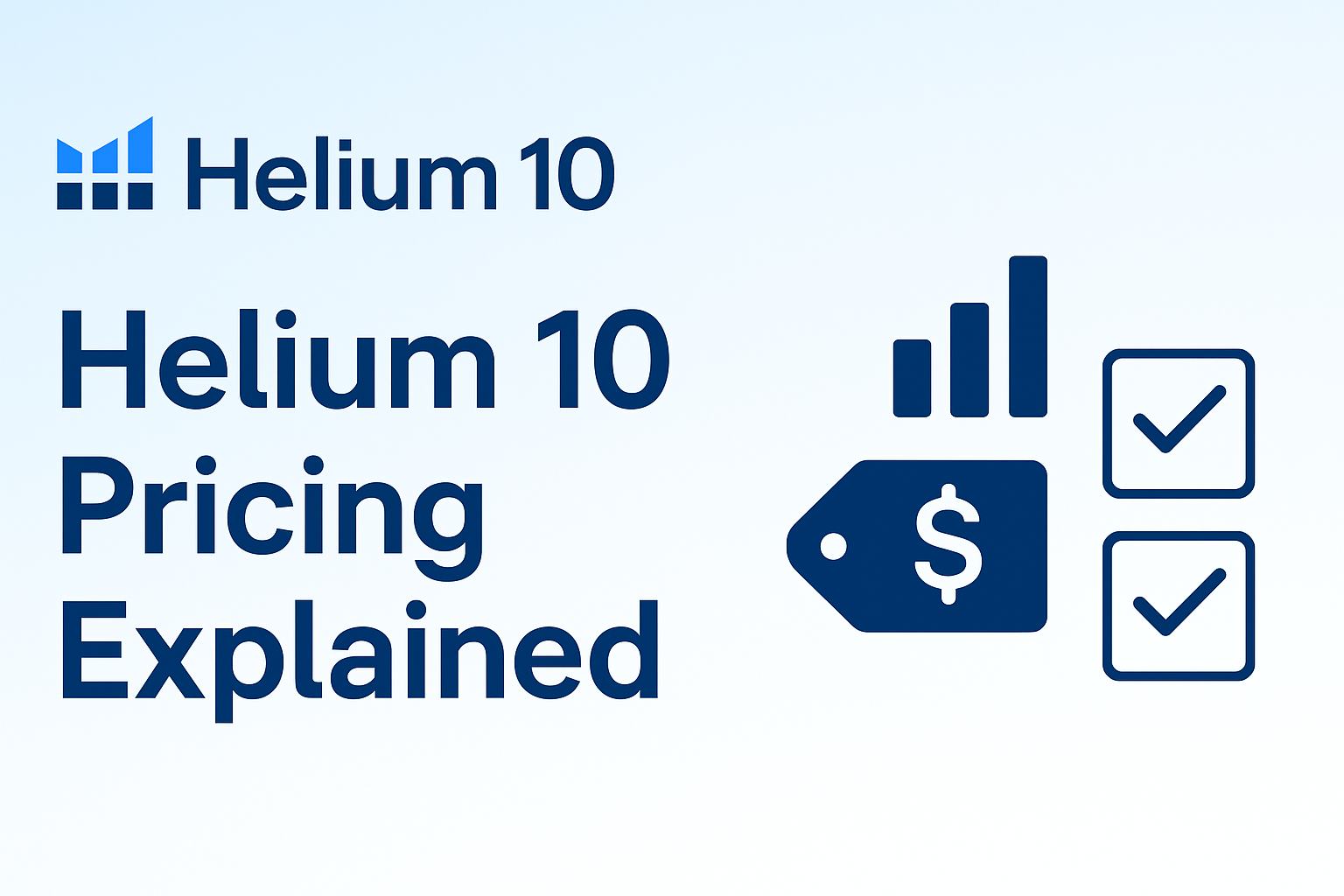If you’re exploring online platforms to boost your skills in business or finance, Corporate Finance Institute (CFI) and Coursera are two strong contenders. Both offer valuable courses, but they serve different purposes. Your choice really depends on what you want for your career.
Quick Summary
- CFI is ideal if you’re focused on a career in finance, offering certifications like the FMVA for in-depth, hands-on training in financial modeling, budgeting, and Excel.
- Coursera offers a wide variety of subjects, ranging from finance and technology to health and humanities, with many courses led by top university professors. It’s a great pick if you want flexibility or are exploring multiple career paths.
Platform Overviews
Corporate Finance Institute (CFI)
CFI specializes in finance education. It’s known for practical, job-ready training—especially helpful if you work or want to work in roles like financial analyst, investment banker, or accountant.

Key highlights:
- Certifications like FMVA® and CBCA®
- Real-world case studies and templates
- Self-paced courses focused on financial modeling, analysis, and budgeting
- Trusted by top companies and professionals around the world
Coursera
Coursera is a massive online learning platform that encompasses a broad range of topics. It works with leading universities and organizations, offering both free and paid content—from short courses to full degrees.

Key highlights:
- Learn business, data science, marketing, health, and more
- Get certificates or even accredited degrees
- Flexible learning with video lectures, quizzes, and group projects
- Taught by professors and industry experts
CFI vs Coursera: Feature Comparison
⚖️ Summary Table
| Feature | CFI | Coursera |
|---|---|---|
| Niche Focus | Finance only | Broad subjects |
| Certification | Professional (FMVA, etc.) | Academic + Industry |
| Partner Institutions | None | Top universities & companies |
| Learning Format | Self-paced, practical | Self-paced + structured |
| Pricing | $497/year | Free to $399/year |
| Course Depth | Deep in finance | Varies by topic |
| Excel/Finance Tools | Heavy use | Varies |
| Career Help | Yes, finance-focused | General, some guided |
| Free Content | No | Yes |
| Best For | Finance career builders | General learners & career switchers |
1. Course Focus and Specialization
CFI: Specializes in finance, accounting, investment banking, FP&A, Excel, and financial modeling. It’s tailored for professionals seeking to boost or start a career in corporate finance.
Coursera: Offers a wide range of subjects — from data science and business to humanities, computer science, and health. It partners with top universities and companies for diverse learning paths.
2. Accreditation and Credentials
CFI: Offers professional certifications like the FMVA® (Financial Modeling & Valuation Analyst), CBCA™, BIDA™, and CMSA®. These are industry-recognized but not university-accredited.
Coursera: Many courses offer certificates that are co-branded with top universities (e.g., Stanford, Yale) or companies like Google. Some even lead to fully accredited degrees.
3. Learning Format
CFI: Self-paced, video-based learning focused on practical finance skills with Excel-based exercises, quizzes, and case studies. Emphasis on real-world application.
Coursera: Offers self-paced and scheduled formats. Includes video lectures, reading materials, quizzes, peer-reviewed assignments, and sometimes live sessions or graded projects.
4. Certificate Value
CFI: Certificates are career-oriented and valued by finance employers, especially for financial modeling and investment banking roles.

Coursera: Certificates from Coursera carry academic prestige when issued by top institutions and can enhance your resume across various fields.

5. Platform Partnerships
CFI: Developed in-house by finance professionals and subject matter experts; no third-party institutions.
Coursera: Collaborates with top-tier universities (Harvard, Stanford, MIT) and companies (Google, IBM, Meta) for course creation.
6. Cost and Pricing
CFI: Subscription-based pricing. Around $497/year for full access. No free courses but offers a free trial and downloadable resources.
Coursera: Many free courses (without certificates). Paid courses range from $39–$99, and full specializations/degrees cost more. Offers Coursera Plus at ~$399/year for access to 7,000+ courses.
7. Skill Development Approach
CFI: Hands-on, Excel-heavy, simulation-based learning, very job-ready for finance roles. Strong emphasis on technical financial modeling.
Coursera: Balanced between theoretical and practical learning. Offers capstone projects and peer-reviewed assignments in many specializations.
8. Community and Support
CFI: Offers learner forums, support from course advisors, and access to a career center for premium members.
Coursera: Has global discussion forums, peer interactions, and mentor-guided communities in some programs. Customer support is ticket-based.
9. Career Outcomes
CFI: Focused on helping learners land roles in finance, FP&A, banking, and valuation. Career support includes resume templates, interview prep, and skill trackers.
Coursera: Broad career outcomes across industries. Especially valuable for those transitioning careers or entering tech/data roles via Google/IBM certifications.
10. Ideal User Profile
CFI: Best for finance professionals, students, and job seekers aiming to enter corporate finance, investment banking, or financial analysis.
Coursera: Suited for a wide audience — students, professionals, and lifelong learners across domains, from AI and coding to psychology and health.
Conclusion: Why CFI Might Be the Better Choice
Suppose you’re aiming for a career in corporate finance, investment banking, or financial analysis. In that case, CFI is likely the better choice because it offers focused, hands-on training specifically designed for finance professionals.
The FMVA certification, in particular, is a valuable asset for advancing in your career. It provides practical tools and methods that you can use immediately in finance-related roles.
CFI vs. Coursera: Pricing Breakdown
CFI Pricing (Corporate Finance Institute)
CFI offers structured learning plans for individuals and teams, focusing on finance and banking skills.

1. For Individual Learners:
- Self-Study (All Access) – $497/year:
Gives full access to 200+ courses, 5,000+ videos, and six certifications (like FMVA® and CBCA®). Includes specializations, downloadable models, templates, and 300+ CPE/CPD credits. - Full-Immersion (Premium) – $847/year:
Includes everything in the Self-Study plan, plus extras like an AI course assistant, weekly expert Q&A sessions, personalized model feedback, exclusive templates, and partner perks (e.g., Capital IQ access).
2. For Teams:

- Basic – $399 per person/year (min. 2 users):
Offers full access to the CFI library, learning paths, and admin tools. - Premium – $497 per person/year (min. 2 users):
Includes all Basic features plus certification exams, blockchain-verified certificates, and advanced tools.
Note: All prices are annual and in USD. Promotions may apply—check CFI’s site for updates.
Coursera Pricing
Coursera offers a wide variety of learning options across different subjects, including individual courses, certificates, and full degrees.

1. Individual Courses: $29–$99 each.
- Some are free to audit, but certificates and assignments usually cost $29–$49/month.
2. Specializations: $39–$79/month.
- These are course bundles focusing on a single topic, like financial accounting.
3. Professional Certificates: $39–$79/month.
- Career-focused programs (e.g., Google IT Support, IBM Data Science).
4. Degrees:
- Master’s: $15,000–$40,000
- Bachelor’s: $10,000–$25,000
5. Coursera Plus: $399/year
- Unlimited access to 7,000+ courses and certificates.
6. Free Option:
- Many courses can be audited for free (no certificate included).
Which One Is Better for You?
If your goal is a finance-focused career, CFI is the more affordable and relevant choice. For $497–$847 per year, you get hands-on tools, practical content, and recognized certifications like FMVA.
Coursera, while offering a wider range of topics, can be more expensive over time and isn’t as specialized in finance.
Bottom Line:
For serious finance professionals, CFI offers better value, more targeted content, and industry-relevant skills at a lower overall cost.
The Final Verdict
The final verdict: CFI wins over Coursera for finance-focused learners. While Coursera offers a broad range of topics, CFI specializes in practical, job-ready finance skills—ideal for careers in investment banking, FP&A, and financial modeling.
Its certification programs like FMVA are industry-recognized, hands-on, and tailored for professionals. CFI’s structured learning paths, real-world tools, and focus on finance set it apart. For anyone serious about breaking into or advancing in finance, CFI delivers more value and targeted expertise.
FAQ’s
Which is better for finance careers?
CFI – it’s built specifically for finance professionals.
Who offers more job-ready skills?
CFI – with hands-on models, templates, and real-world cases.
Are the certifications recognized?
Yes, CFI’s FMVA is widely respected in the finance industry.
Which platform is more specialized?
CFI – it focuses solely on finance and business skills.
What about learning structure?
CFI provides guided learning paths with clear progression.



